Home Page
At RIT, we’re on a relentless quest to broaden horizons and create new pathways for global education, international partnerships, professional engagement, and cultural exchanges.
The RIT Global Office serves as the central hub for these interconnected efforts. This includes providing support and resources for:
Global Engagement by the Numbers
4
4 international campuses in 5 locations – international campuses in China, Croatia, Dubai, and Kosovo
4100+
Students enrolled at RIT’s global campuses locally
2000+
International students enrolled at the Rochester campus
25
Total RIT undergraduate and graduate degree programs delivered at the global campuses
133
International partnerships in over 39 countries
600+
Global learning opportunities
$116K
In scholarships to support study abroad students and fellows
$323K
Committed to support RIT faculty international research, mobility and partnership development
Study Abroad

Study Abroad To RIT Rochester
The RIT Global Scholars program is a unique opportunity for students from RIT's international campuses and partners to study for up to two terms at the Rochester campus. The program provides students with the opportunity to diversify their cultural perspective, expand their academic horizons, and build their professional network.

Study Abroad From RIT Rochester
Study abroad takes RIT Rochester students to corners of the world where you’ll be inspired, challenged, and changed. Examine your field of study from a new perspective, meet global innovators, and gain professional skills that will set you apart as a leader in a globalized work environment.













